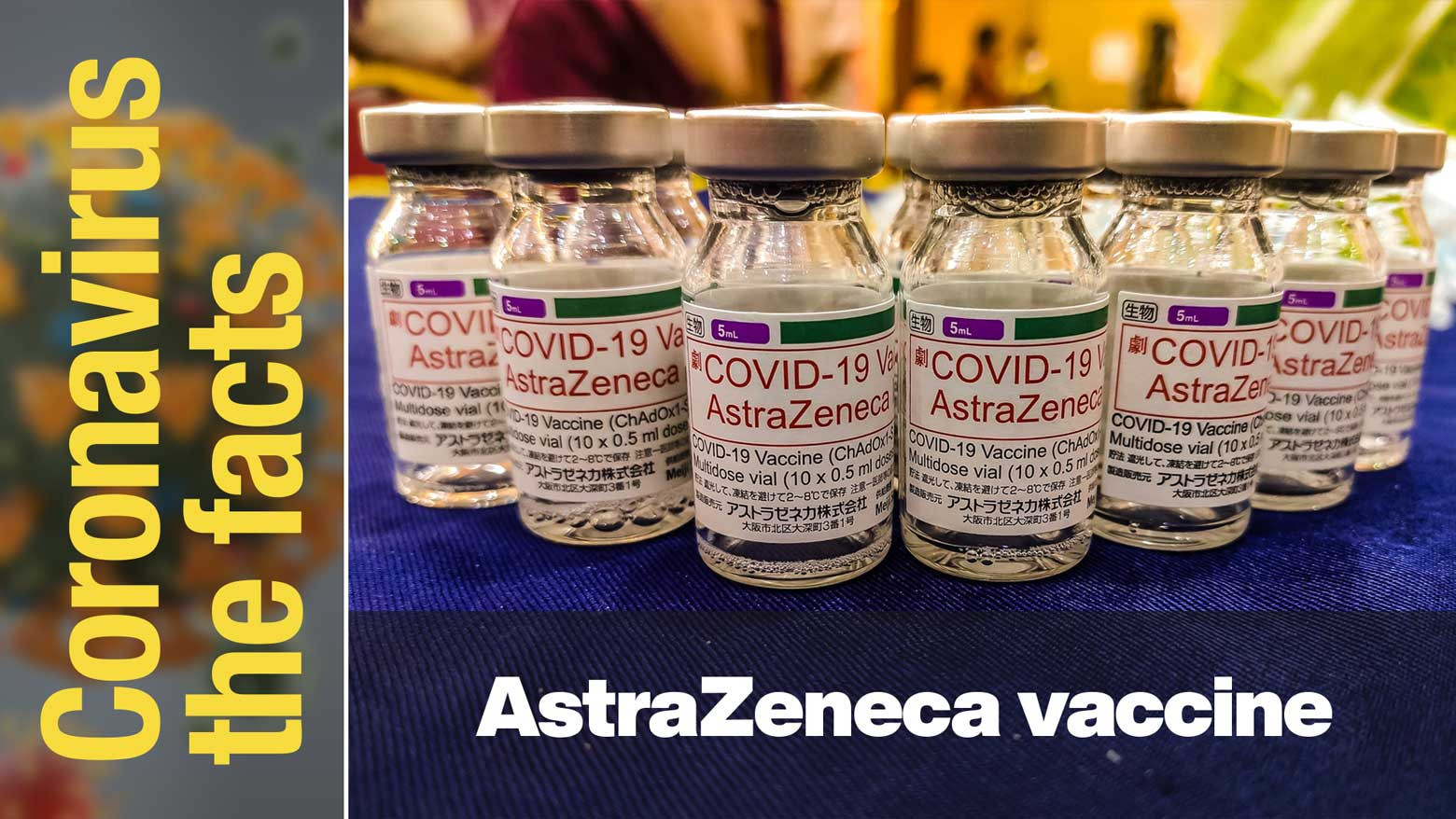This is our series on key coronavirus-related information. Click here to read other installments: #Coronavirus the facts. Find the latest information and answers from experts on everything COVID-19.
Japan offers AstraZeneca vaccine with age restrictions
Japan's health ministry started offering the AstraZeneca vaccine on August 23. Previously, only the Pfizer and Moderna vaccines had been in use in the country.
The vaccine was added to the rollout after municipalities were running out of Pfizer and Moderna shots and were forced to stop accepting vaccination reservations. The government authorized the British-made AstraZeneca vaccine in May, but had not used it for its public vaccination program.
The health ministry added the shot to its rollout on August 3, sending doses to prefectures where the government state of emergency was in effect. The ministry is asking each prefectural government to set up at least one facility dedicated to offering the AstraZeneca shot.
But the vaccine is only available to people aged 40 or older due to the risk of blood clots reported as an extremely rare side-effect among younger age groups. The ministry is making exceptions for people under 40 who are allergic to elements of the Pfizer and Moderna vaccines, or those who have already received a first dose of the vaccine overseas.
A ministry research team has monitored the vaccine's after-effects and will release its findings.
Benefit exceeds risk
The Japanese government considered the side effects and efficacy reported in the UK when weighing whether to authorize the vaccine's use. As of August 11, the British government had recorded 412 cases of suspected blood clots linked to the AstraZeneca vaccine. This amounts to about 15 cases per million shots administered.
A UK study published in July found the vaccine to be 74.5 percent effective against the Alpha variant and 67 percent against the Delta variant.
Japan's health ministry concluded that the frequency of suspected blood clots was low enough for the benefit of the vaccine to outweigh the risk.
This information is accurate as of September 15, 2021.
